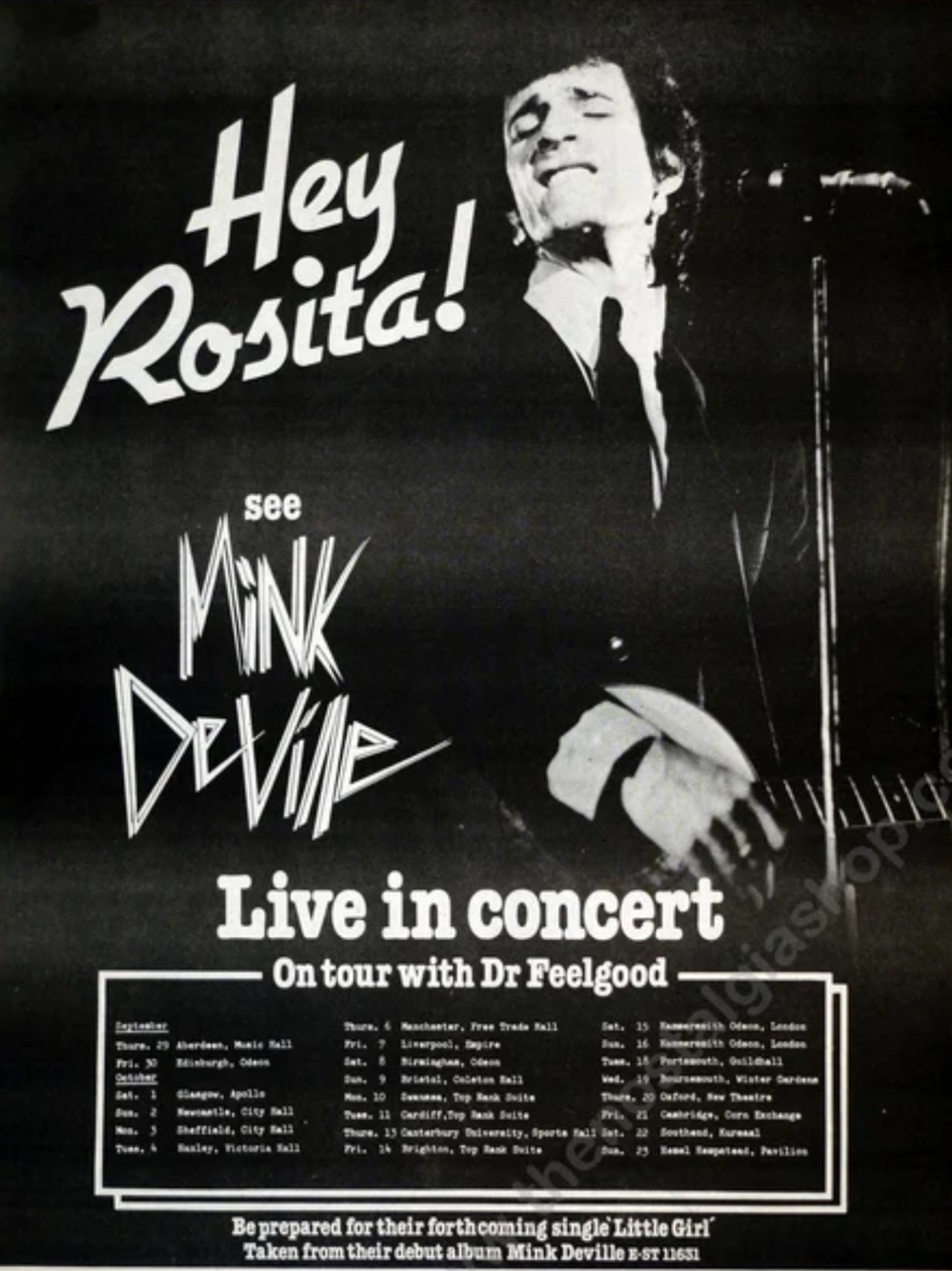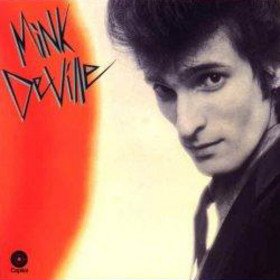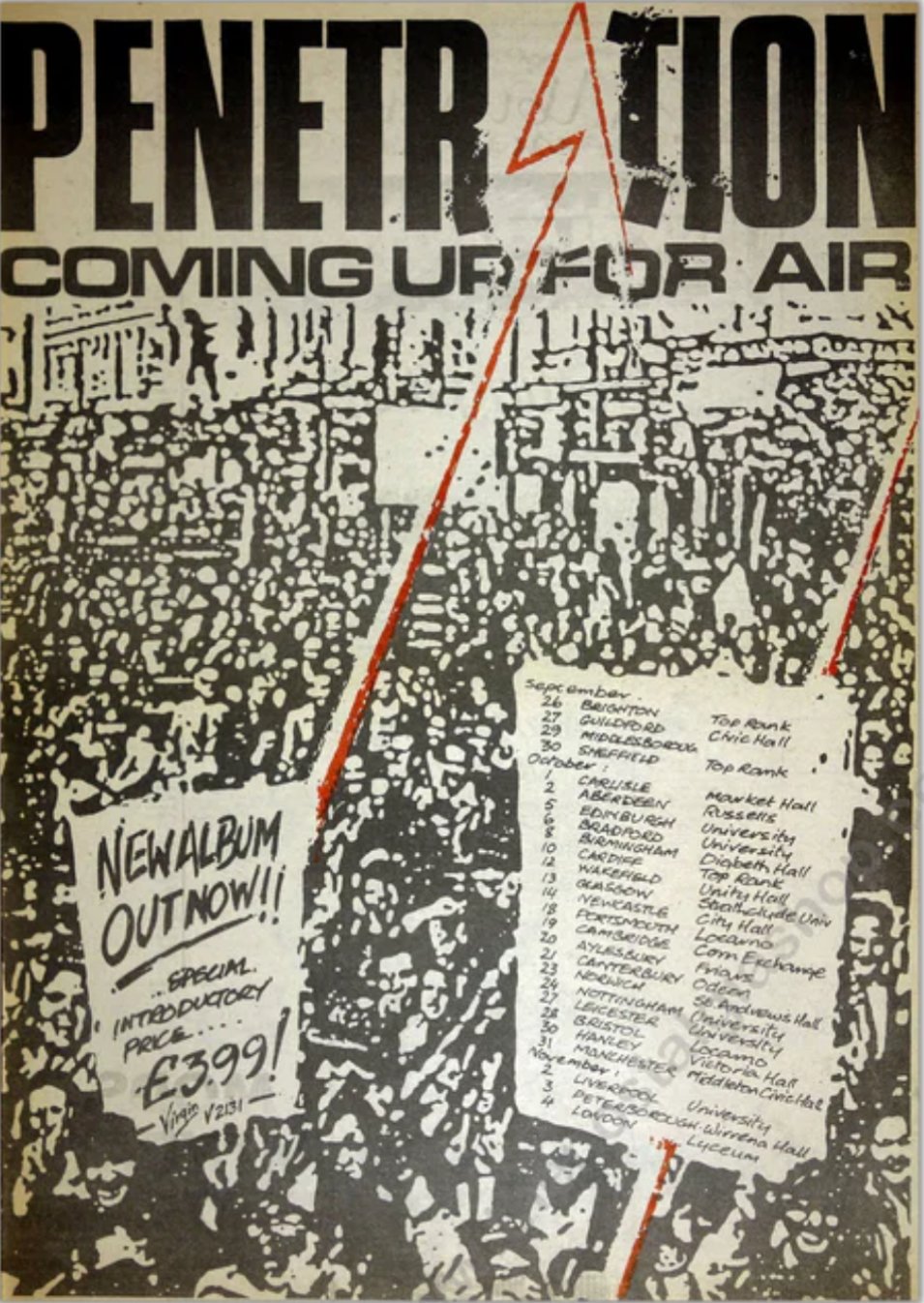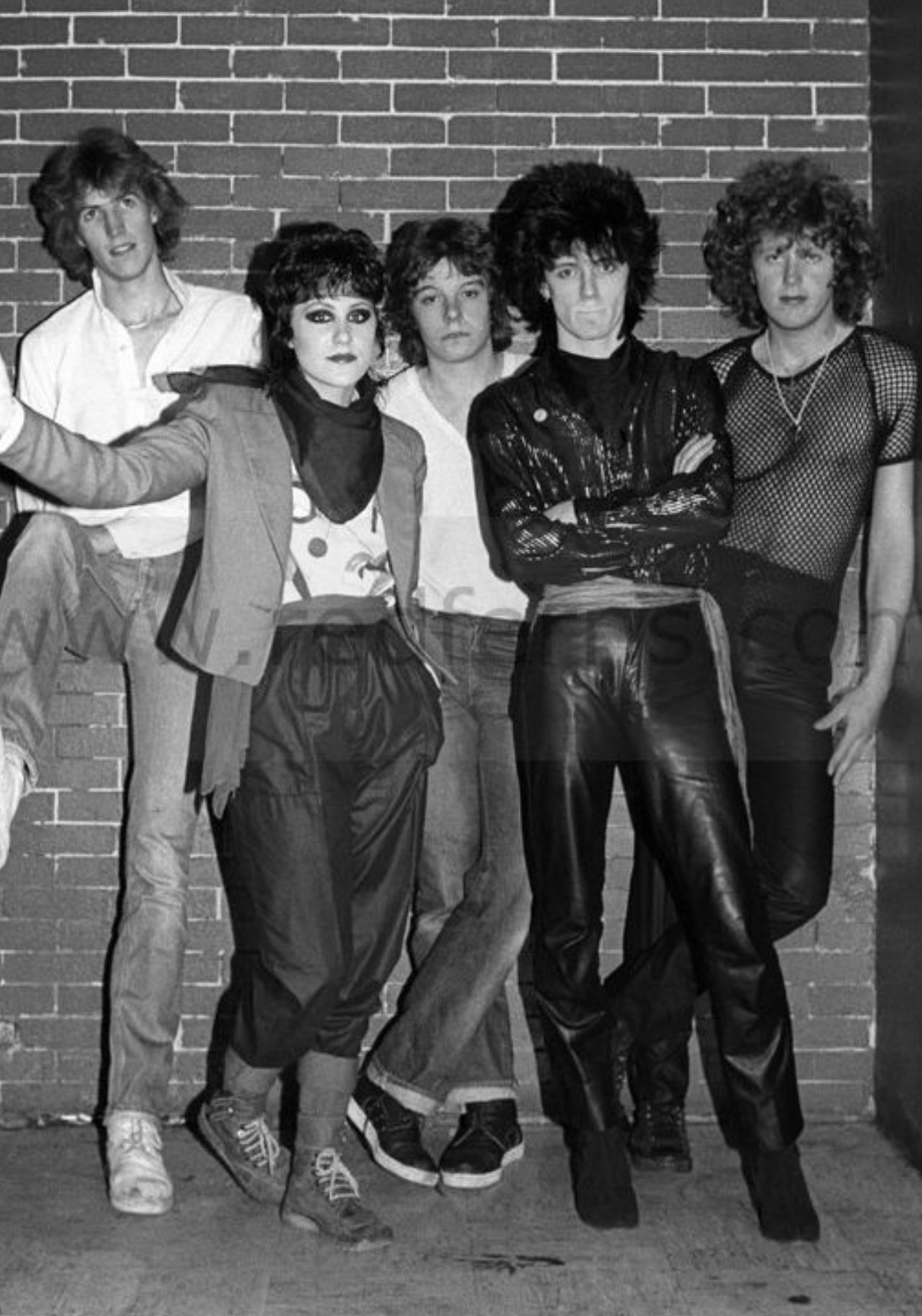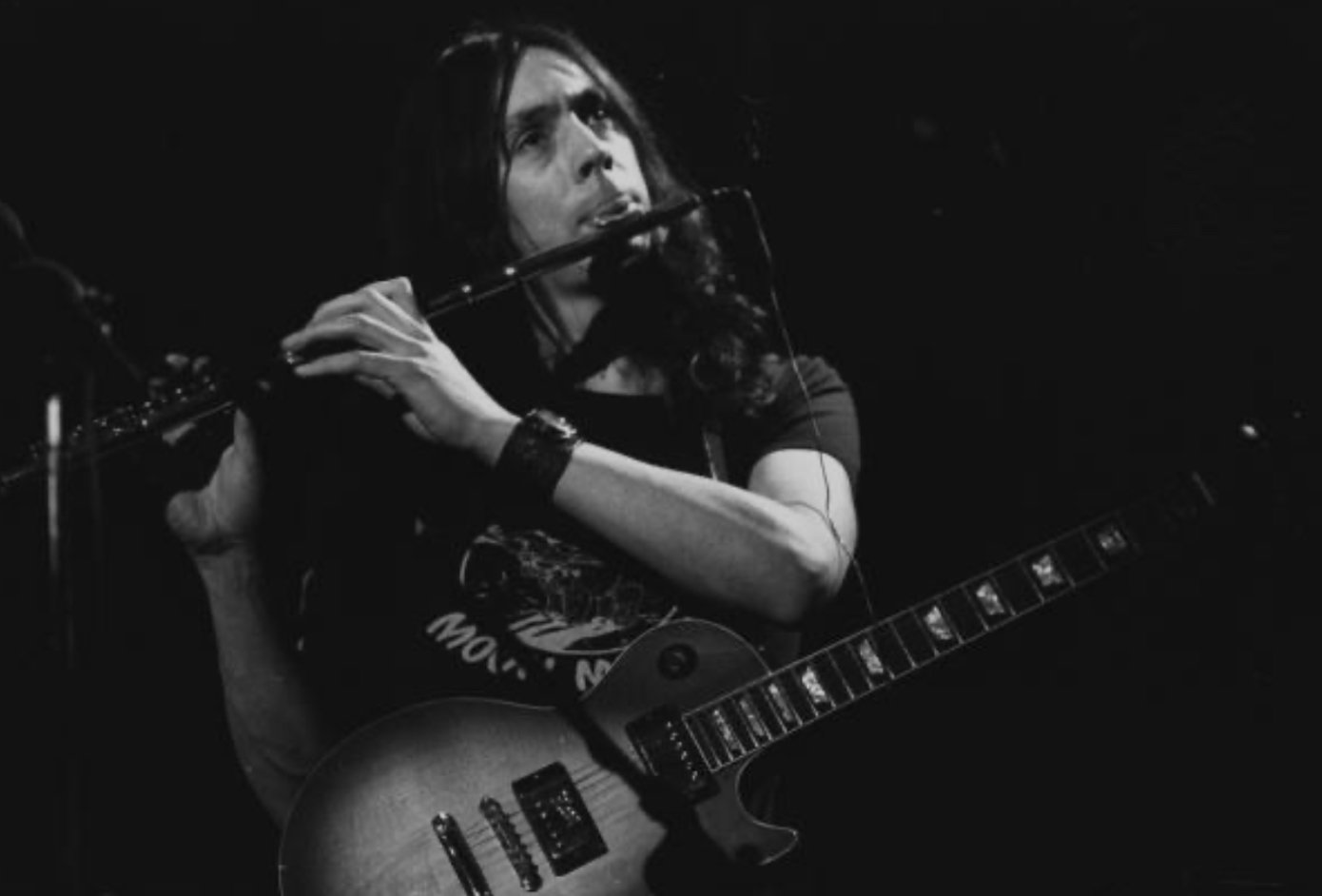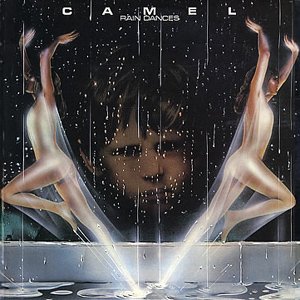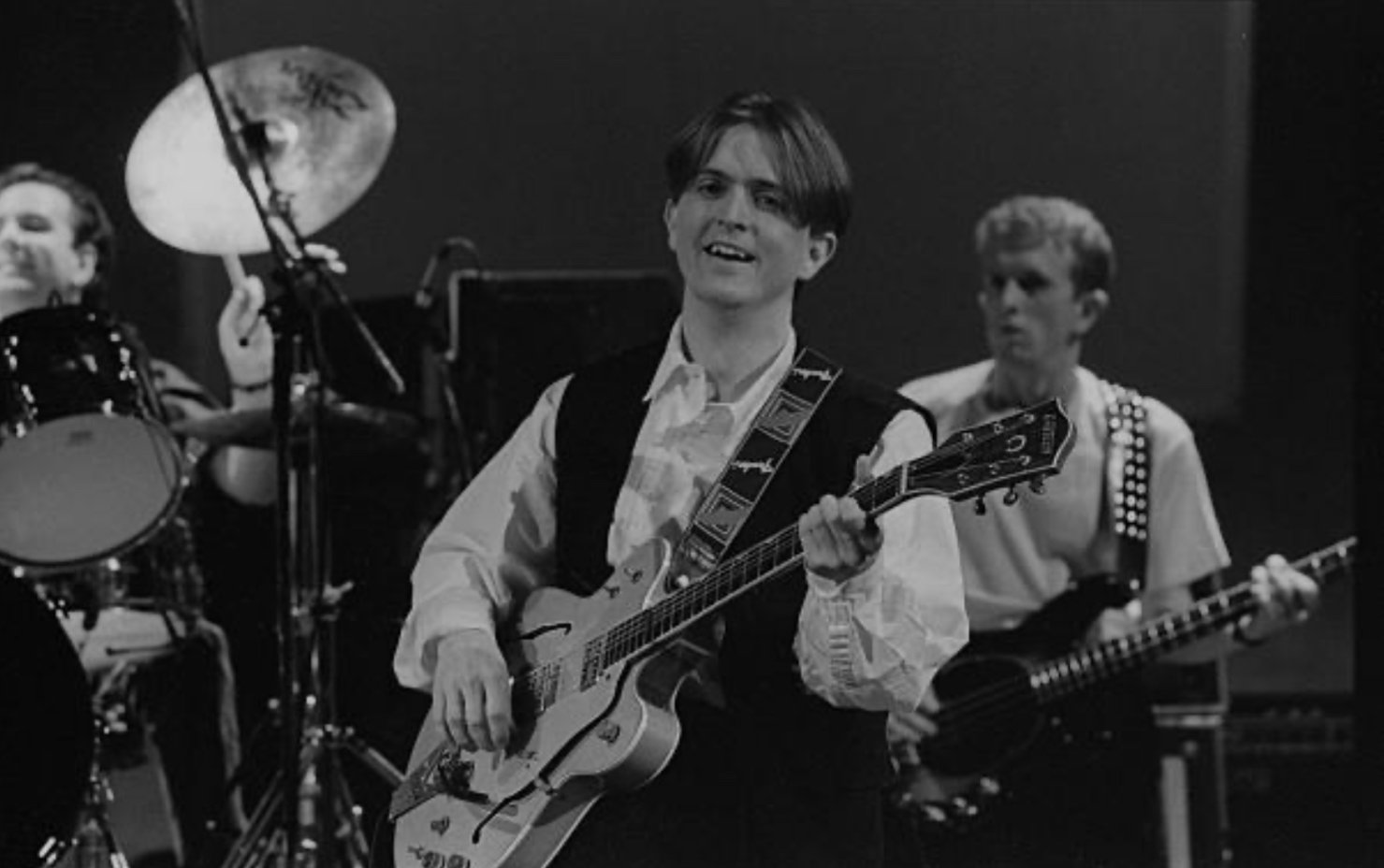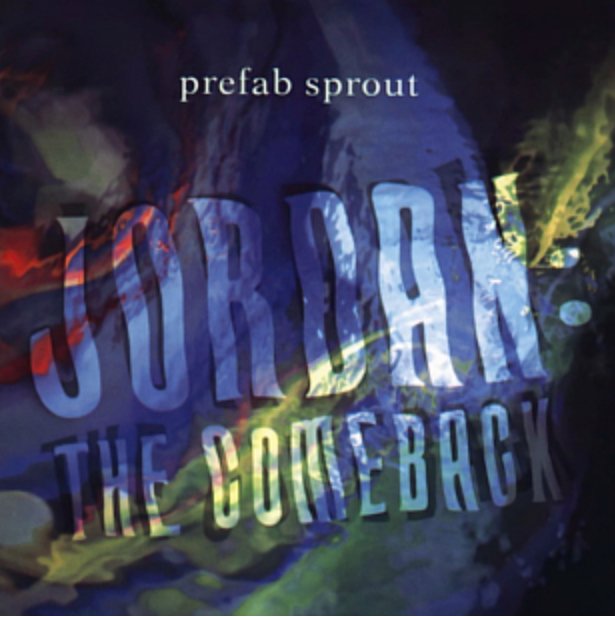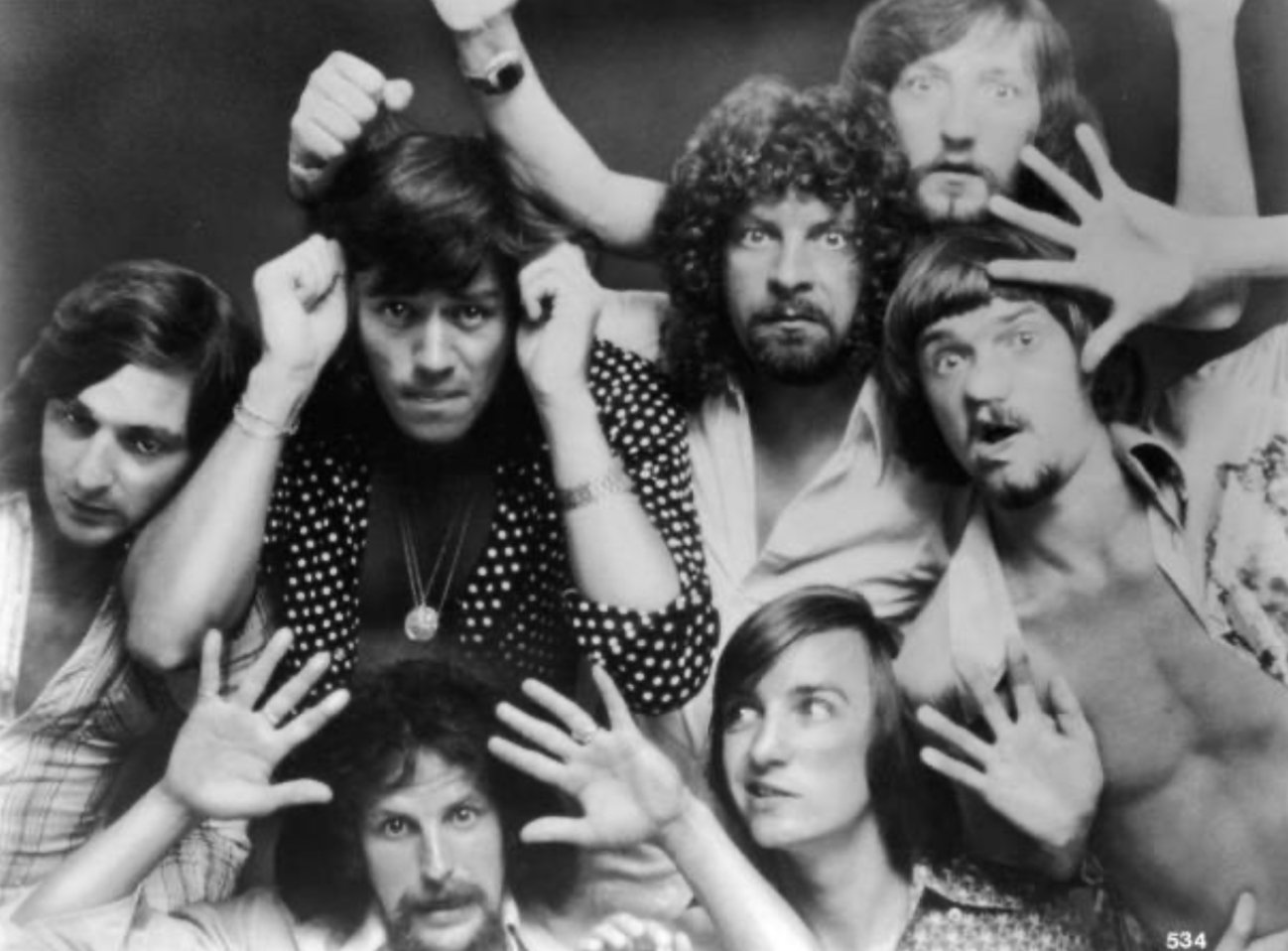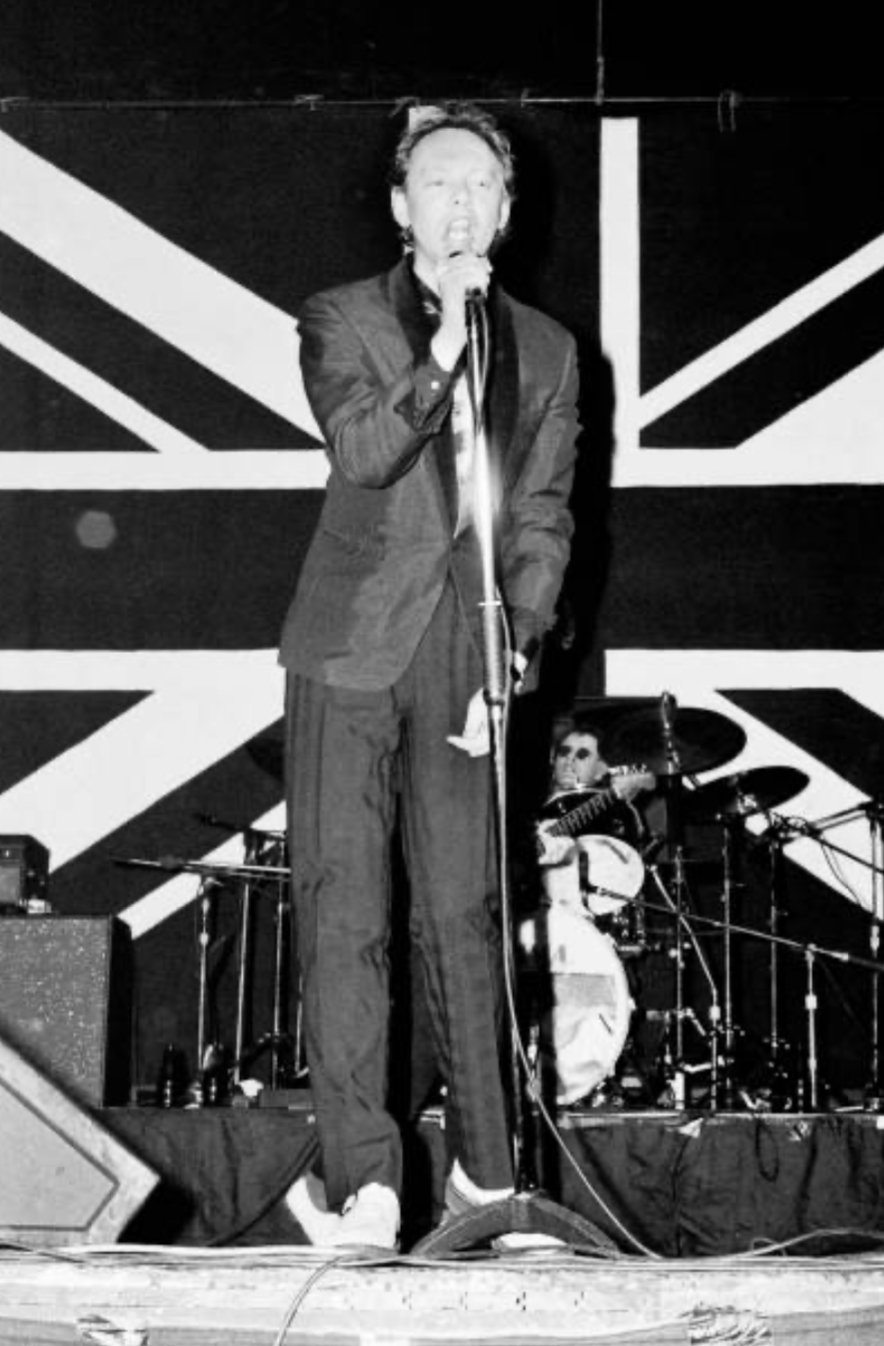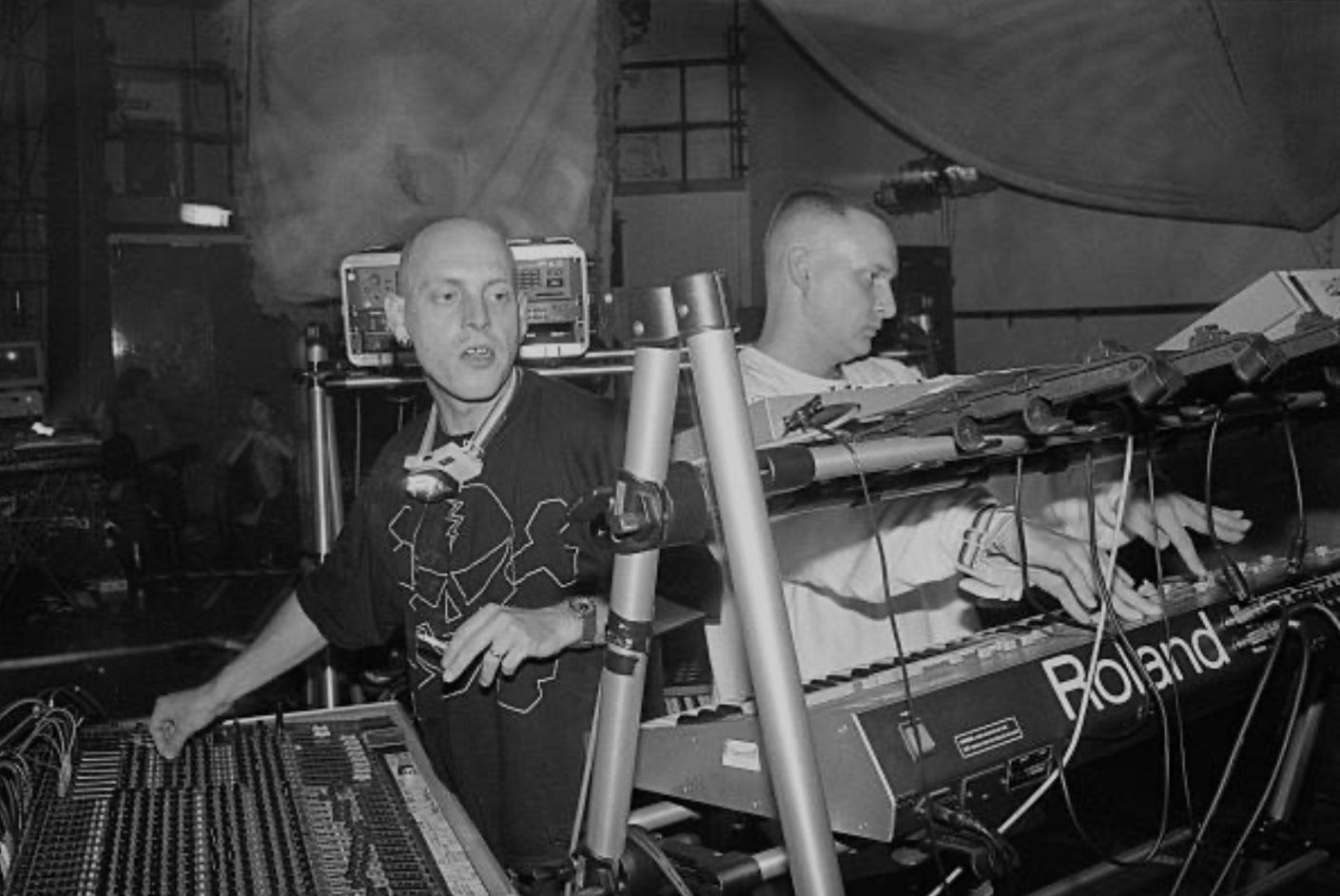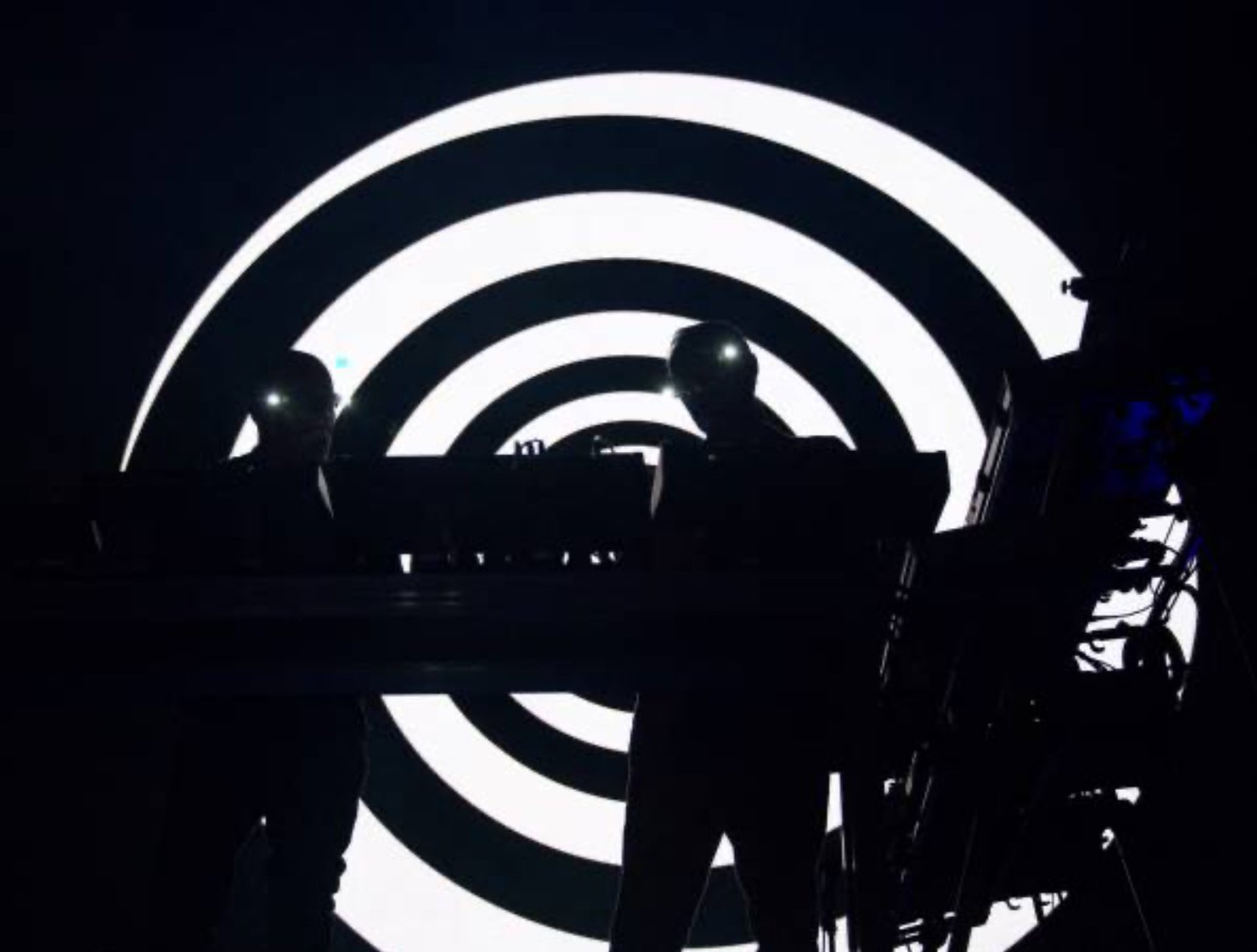Images may be subject to copyright
On This day, 12 October 1990, Folk/Punk band The Men They Couldn’t Hang played Cardiff University. The band had just released their fifth album The Domino Club.
The Men They Couldn't Hang came together in 1984 to perform at the alternative music festival in Camden Town alongside The Pogues and the Boothill Foot Tappers.
Paul Simmonds, Philip 'Swill' Odgers and his brother Jon, veterans of the Southampton-based pop-punk band Catch 22, met Pogues roadie Stefan Cush whilst busking in Shepherd's Bush in London. Their early line-up was Stefan Cush, Philip Odgers, Paul Simmonds, Jon Odgers and Shanne Bradley.
The band's name is inspired by "The Man They Couldn't Hang", and was originally coined by Shane MacGowan - with whom Bradley previously played in The Nipple Erectors - as a potential name for his own band, who eventually became The Pogues.
In August 1990, the band supported David Bowie in his concerts at the Milton Keynes Bowl, as part of his Sound+Vision Tour.
The band split in 1991 after releasing the live album Alive, Alive-O, a performance recorded at London's Town & Country Club that was later released as a DVD, The Shooting, by Cherry Red Records. Paul Simmonds and "Swill" Odgers then formed Liberty Cage who released an album, Sleep of the Just, in 1994 and an EP, I'll Keep It With Mine, in 1995.












